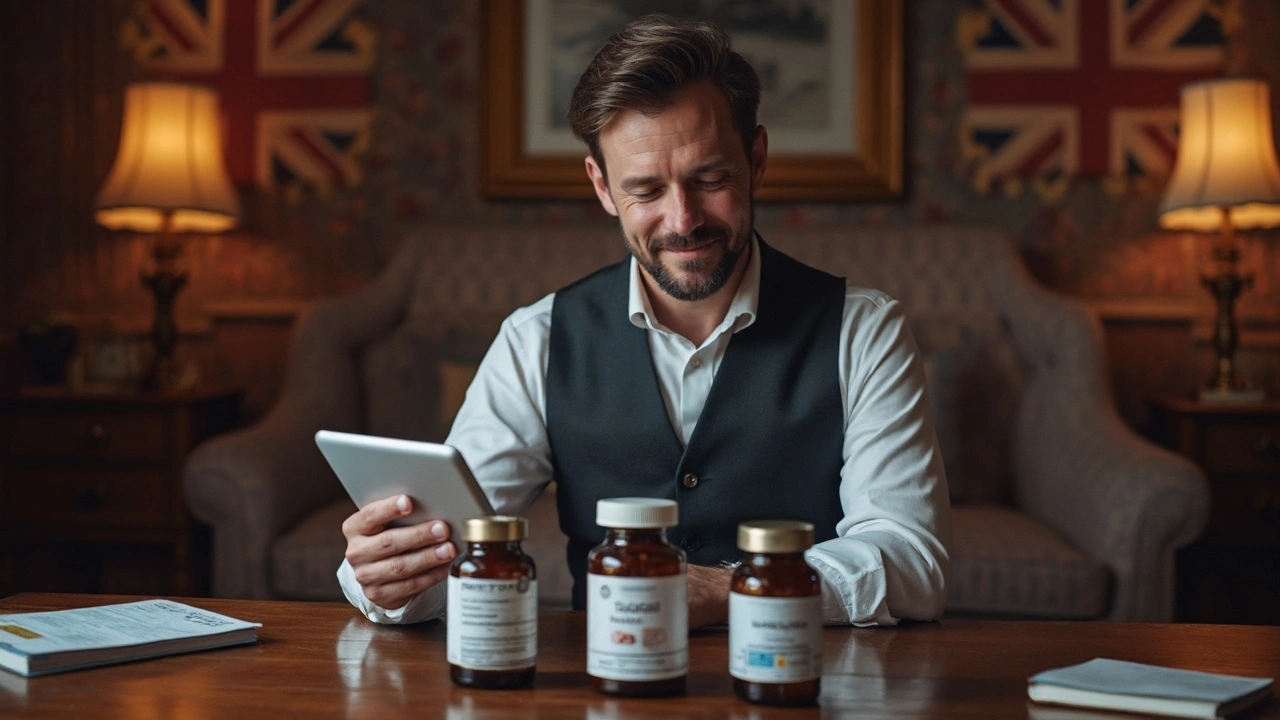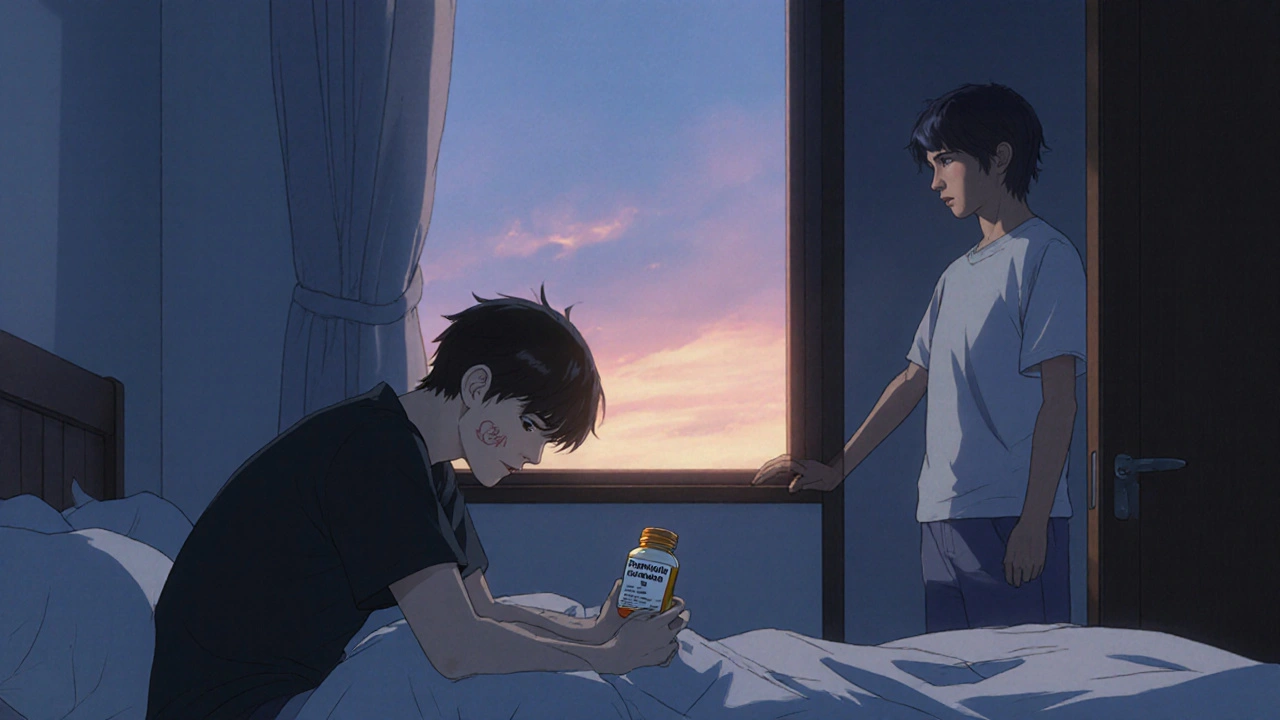Erectile Dysfunction: What It Is and How to Deal With It
Erectile dysfunction, or ED, means you can’t get or keep an erection enough for sex. It’s a common problem, especially after age 40, but it can happen at any age. If it’s happening often, it’s worth paying attention because it can affect confidence, relationships, and even signal other health issues.
There are lots of reasons why ED shows up. Physical causes include diabetes, high blood pressure, heart disease, and hormones that are out of balance. Lifestyle habits like smoking, drinking too much alcohol, and lack of exercise also play a role. Stress, anxiety, and depression are big mental triggers that can shut down the signal your brain sends to the penis.
When should you see a doctor? If the problem lasts more than a few weeks, or if you notice other symptoms like pain, sudden loss of libido, or changes in urination, it’s time to get checked. A GP can run simple blood tests, check your blood pressure, and ask about your meds to find the underlying cause.
Simple lifestyle changes that can help
First up, move more. Even a short daily walk improves blood flow, which helps erections. Eating a balanced diet rich in fruits, veg, whole grains, and lean protein can lower the risk of heart disease and diabetes, both of which hurt erectile function. Cutting back on cigarettes and limiting alcohol to a drink or two a week can also make a big difference.
Weight matters, too. Extra belly fat can lower testosterone and affect blood vessels. Losing even a few pounds can boost confidence and improve performance. Getting enough sleep – aiming for 7‑8 hours – helps keep hormone levels steady. Finally, manage stress with simple tricks like deep breathing, meditation, or talking to a friend.
Medical options and what to expect
If lifestyle tweaks aren’t enough, there are safe medicines that work for most men. Pills like sildenafil (Viagra), tadalafil (Cialis), and vardenafil (generic Levitra) help the blood vessels in the penis relax so blood can flow in. They’re taken before sex and usually work within 30‑60 minutes. Your doctor will pick the right dose based on your health and other meds you take.
Sometimes doctors suggest a vacuum pump, penile injections, or a small implant if pills don’t help. These options sound scary but are well‑tested and can restore function. Therapy or counseling is also useful when anxiety or relationship issues are the main culprits. Combining mental support with medical treatment often gives the best result.Bottom line: erectile dysfunction is treatable, and you don’t have to suffer in silence. Talk openly with your GP, try easy lifestyle changes first, and explore medication or other therapies if needed. Taking action now can improve your sex life, boost confidence, and protect overall health.


